Hawzah News Agency– The holy month of Ramadan rooted in culture, faith and history. Around the globe, Muslims mark this time with gathering to pray, fast, and take meals together—and also with different customs that vary from culture to culture.
The holy shrine of Hazrat Abbas (A.S) and Imam Hussain Holy Shrine are two places in Karbala, Iraq, where people gather to read the Quran together in the holy month of Ramadan.
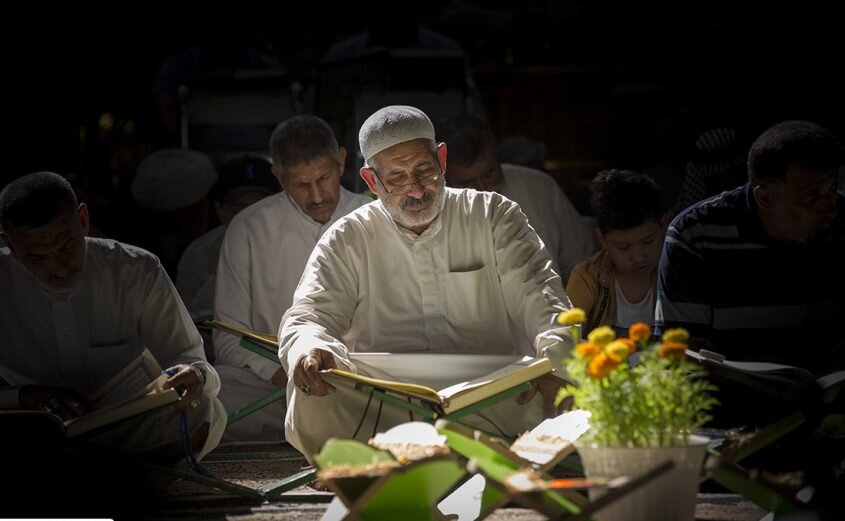
It is common in the evenings for Muslims in Iraq to break the fast in groups, emphasizing the importance of family and community. During Iftar, Iraqis have a particular affinity for sweets, especially the date filled pastry, klecha, which is specifically made for this occasion. Many, particularly in the cities, will also meet friends and acquaintances in the busy coffee shops and evening markets.
After Iftar (breaking the fast after sunset) many Iraqis enjoy playing both indoor and outdoor games, including al-Siniya, a folk game involving dice and a tray, as well as the highly competitive muhabis (ring) game.
Muhabis is popular in Baghdad, Basra and other regions such as Karbala, and can last for many hours after Iftar. This is played by both Shias and Sunnis, often in teams from various towns, and it is a positive symbol of unity in the country. This game involves two groups of about 40 to 250 players, who all take turns to conceal a mihbes, or ring. A game of deception, mheibes begins with the team leader holding the ring, his hands draped in a blanket. The other members must sit with their fists tight in their lap, as the leader passes the ring to one of the other players in secret. In a tense exchange, their opponents must determine which of the dozens of men conceal the ring through body language alone.
Though the exact origins of the game are unknown, it has profound cultural and historical value. Decades ago, the Iraqi government would organize community-wide games, hosting hundreds of participants and bringing together locals from across the country. Although this state-sponsored practice was halted during wartime and feared lost, mheibes has made a return in recent years, as individual community members continue to pass forward the tradition.
Many people in Iraq also increase their charitable efforts during Ramadan. Iraqis tend to hold group iftars throughout various cities, aiming to feed poor families in their areas.
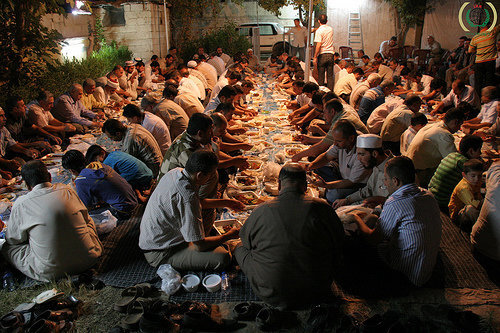

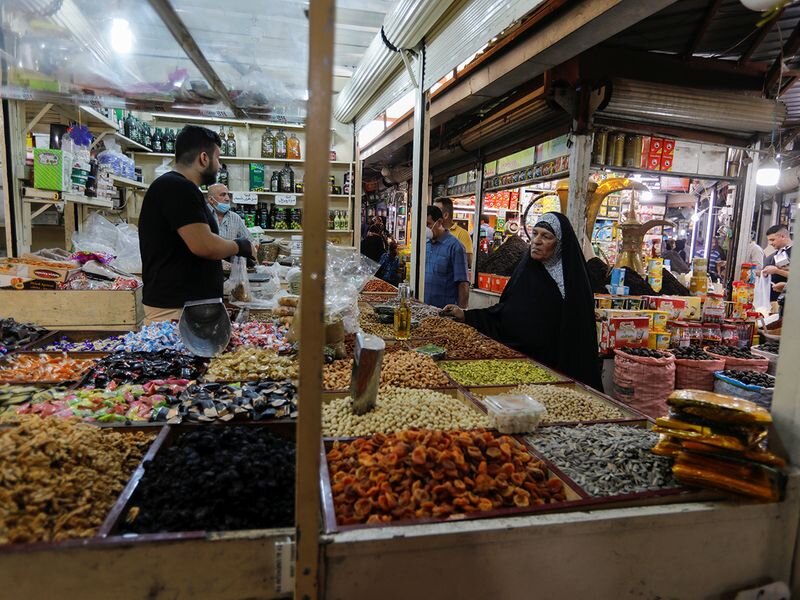

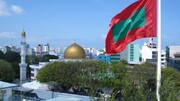
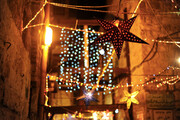
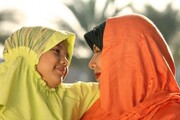


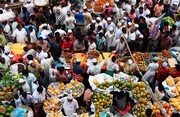
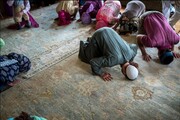
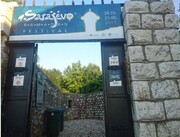
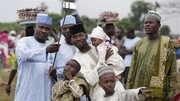
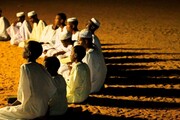
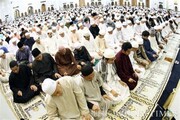
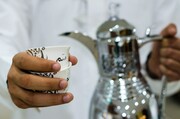
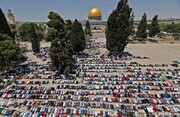

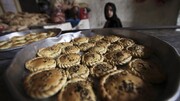
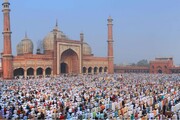
Your Comment